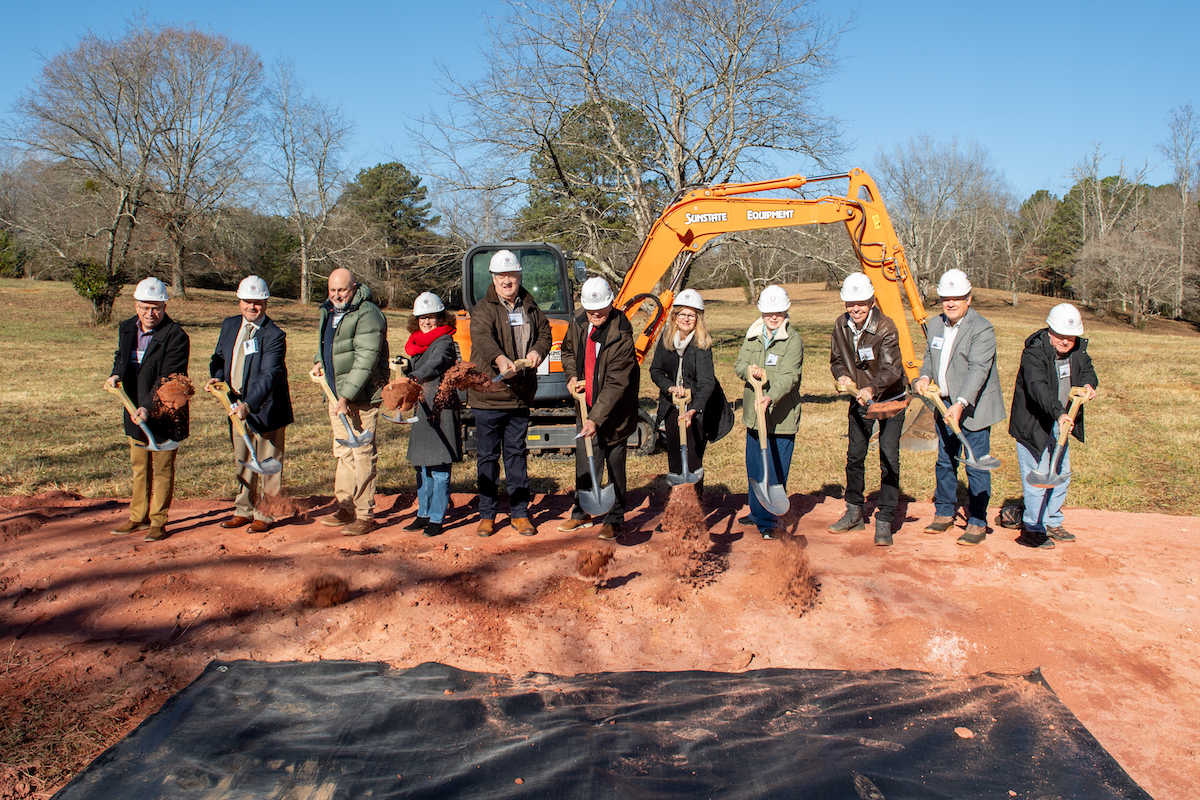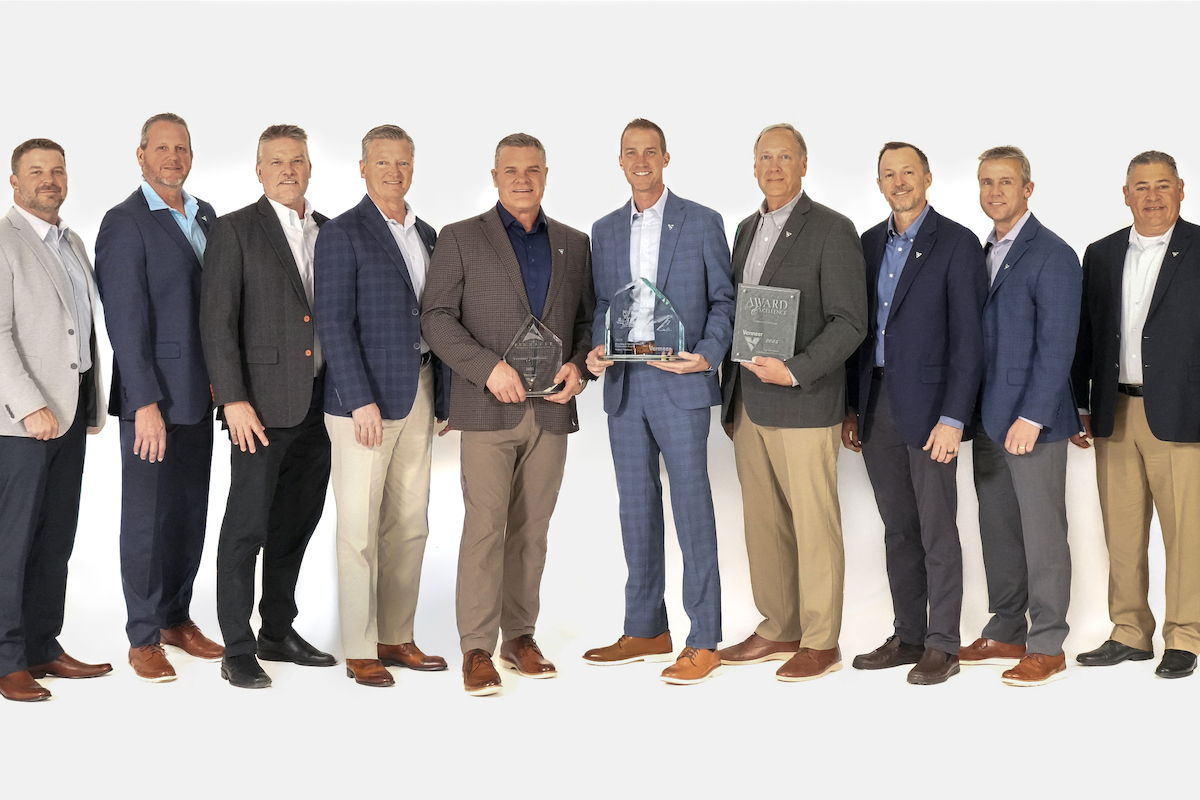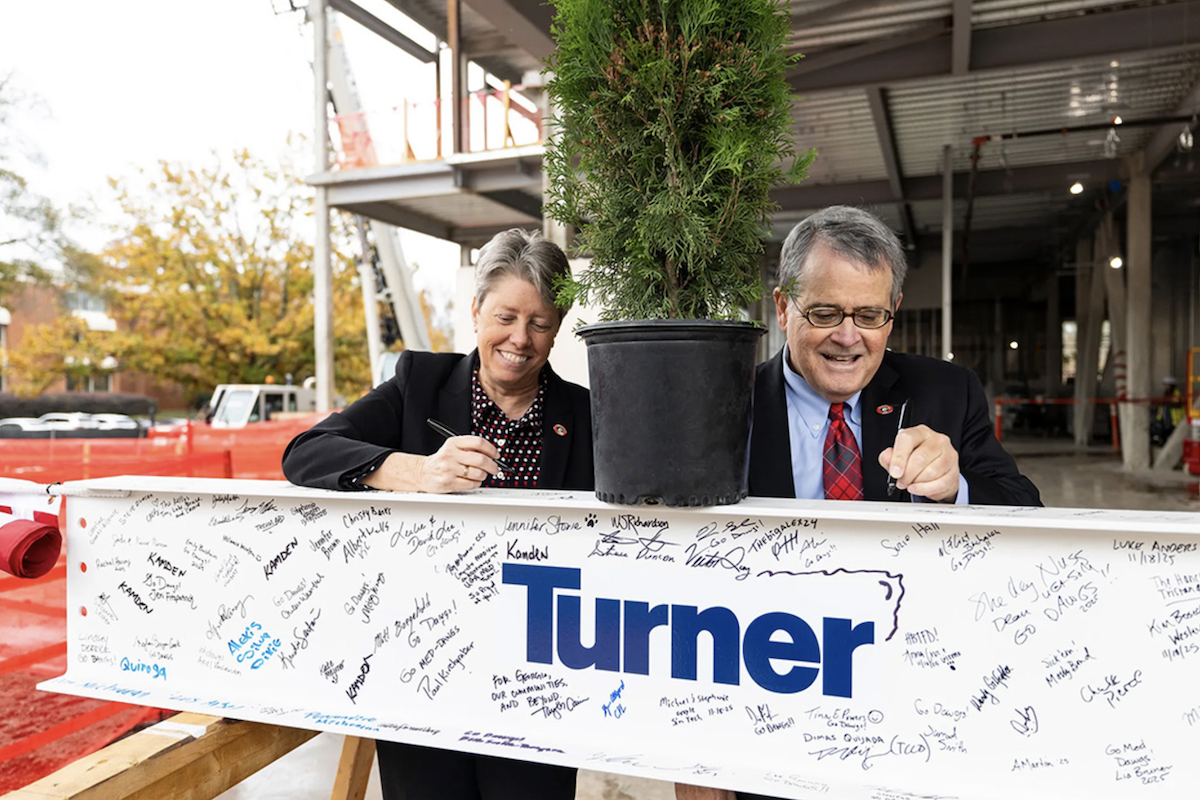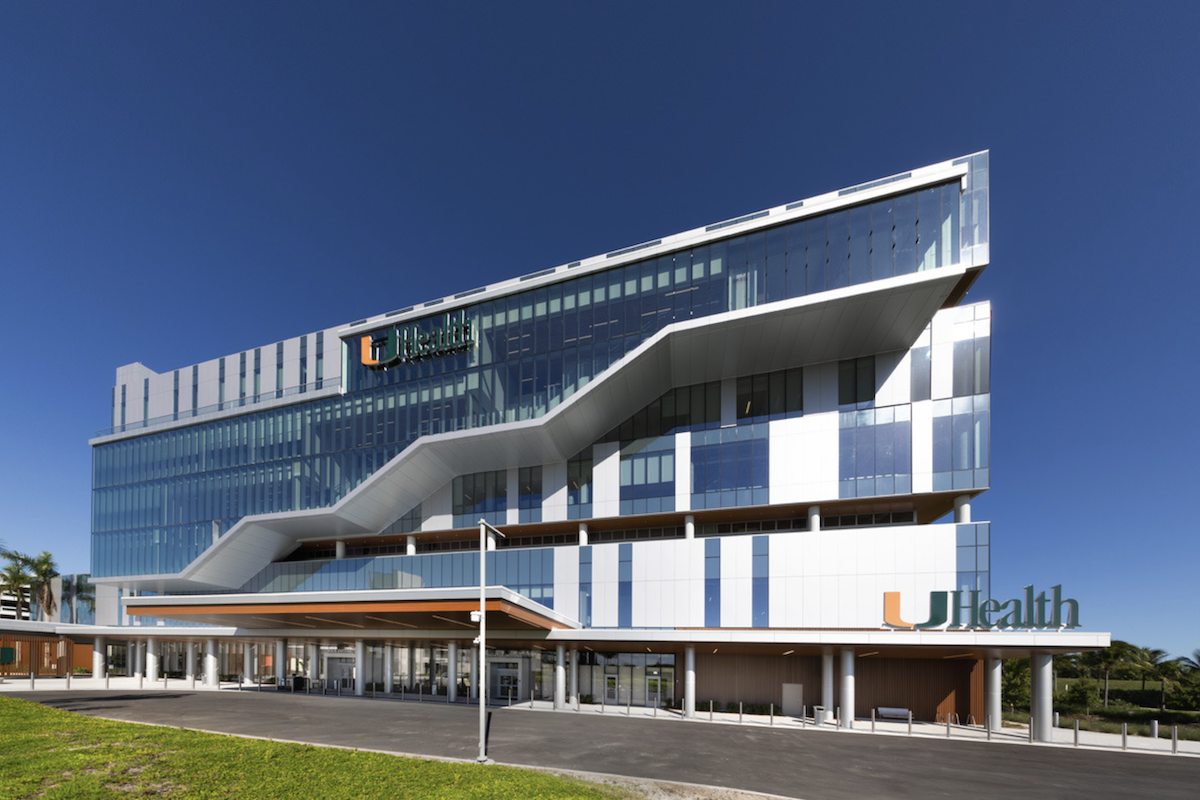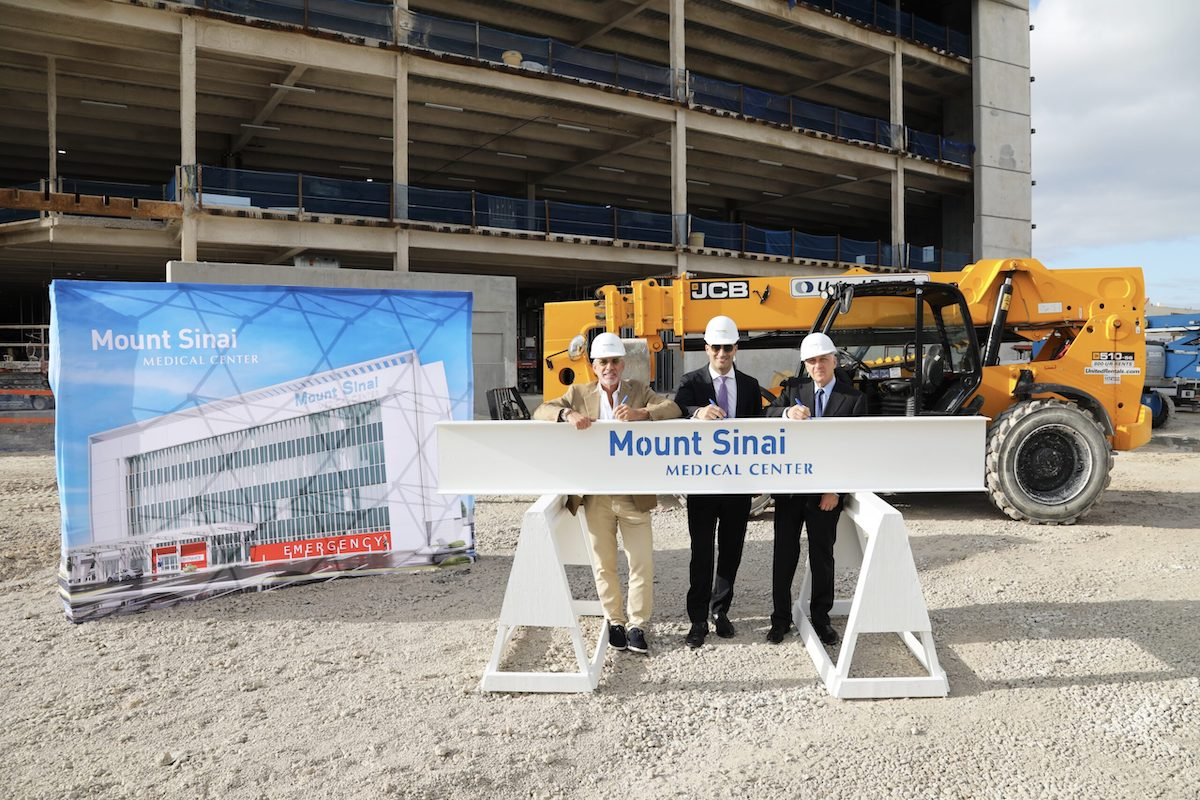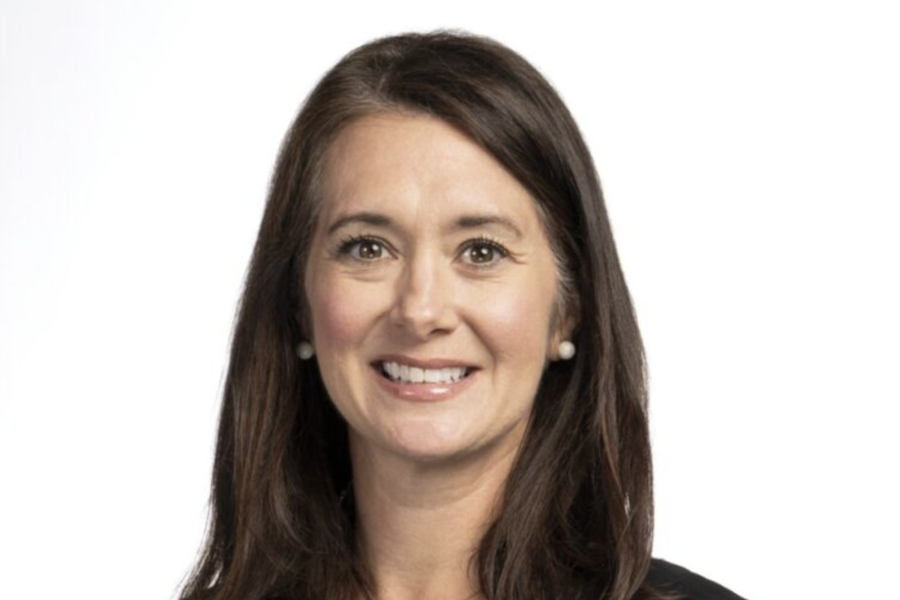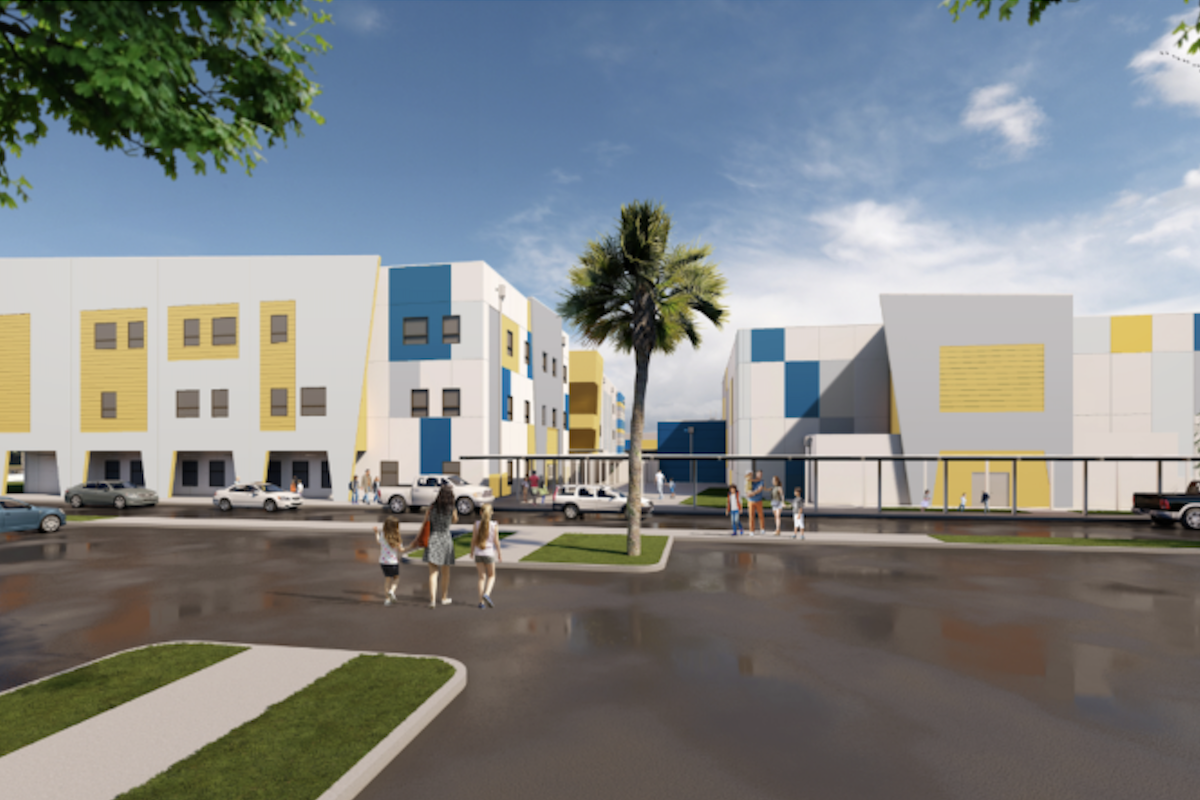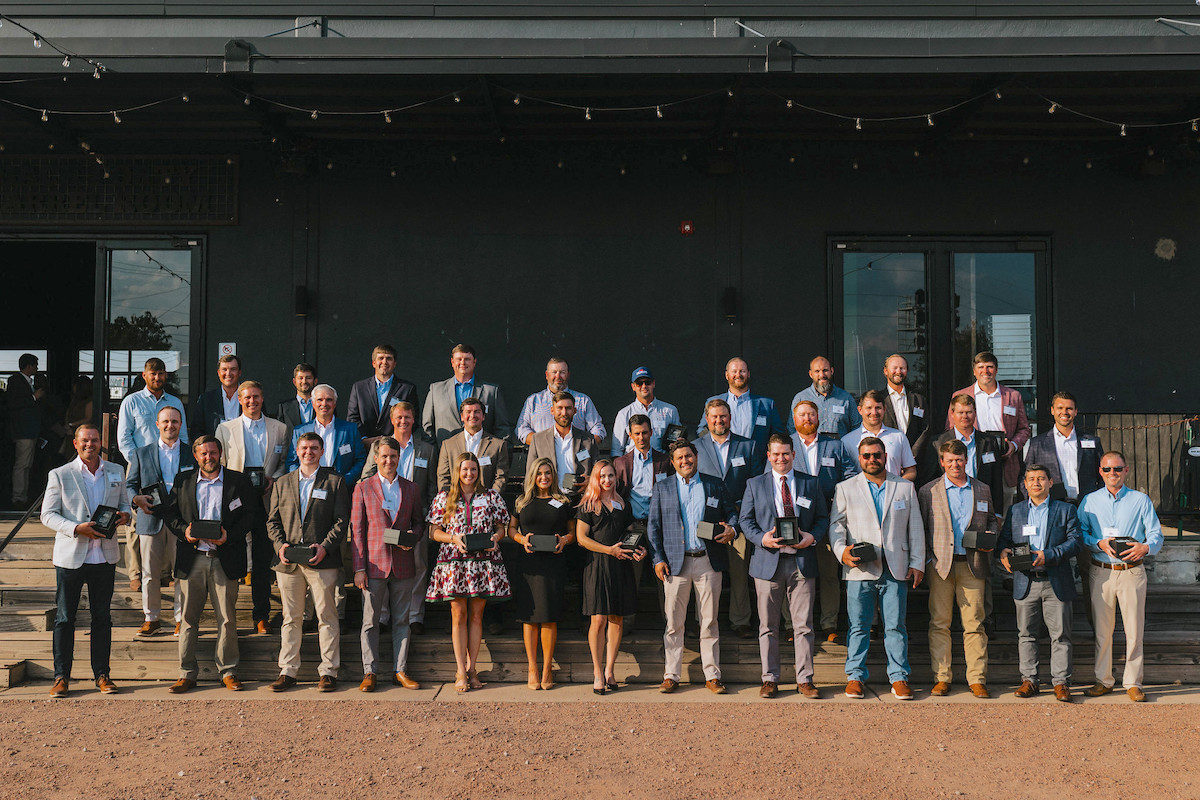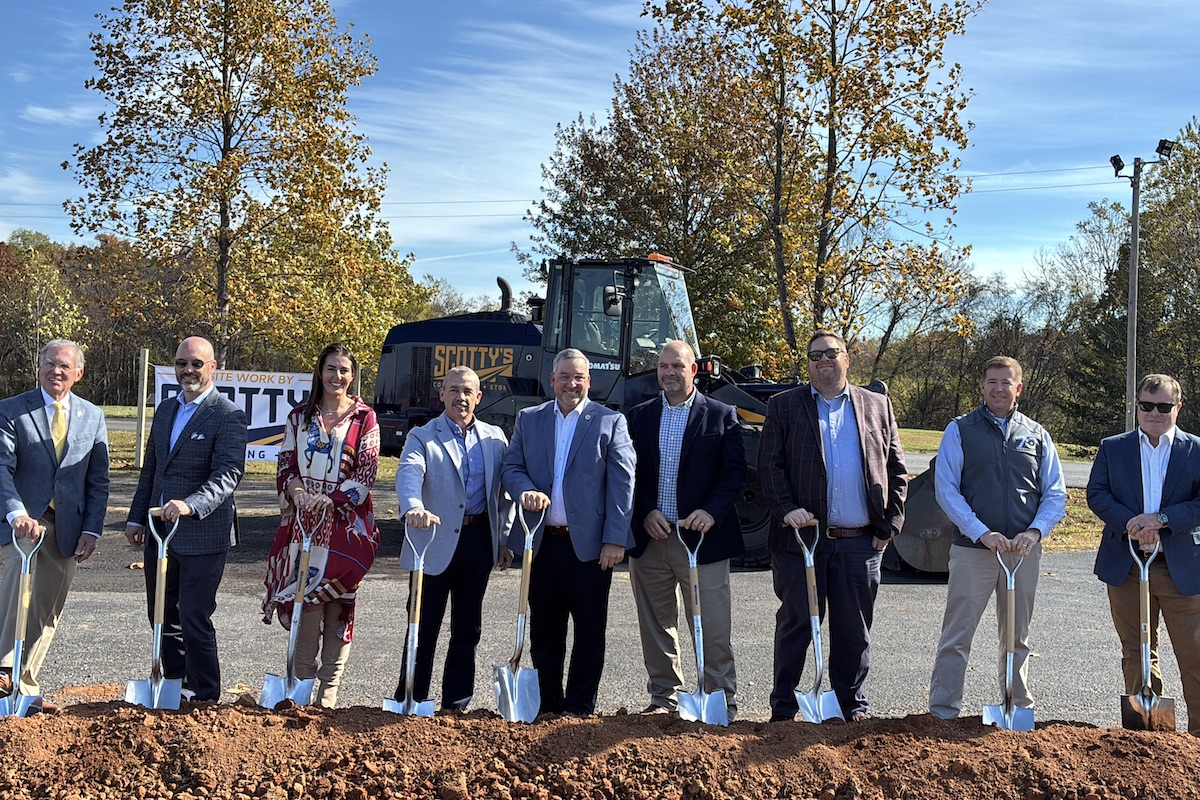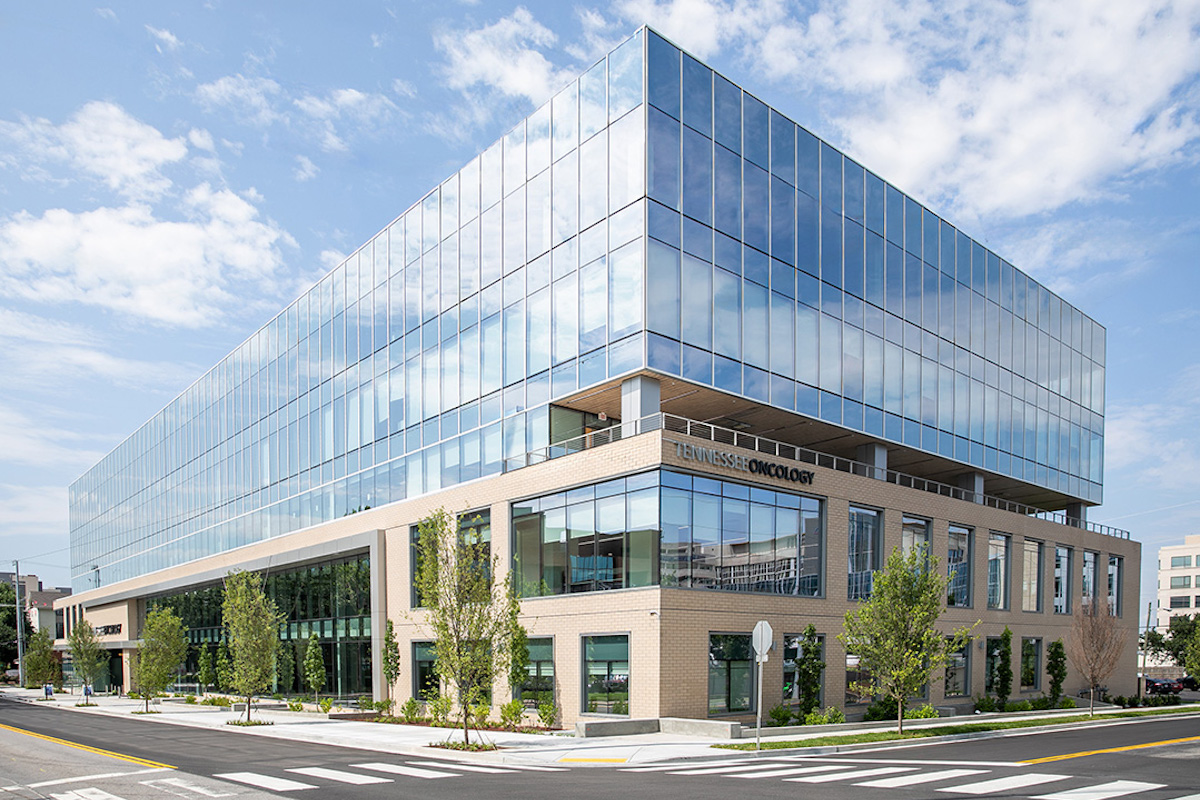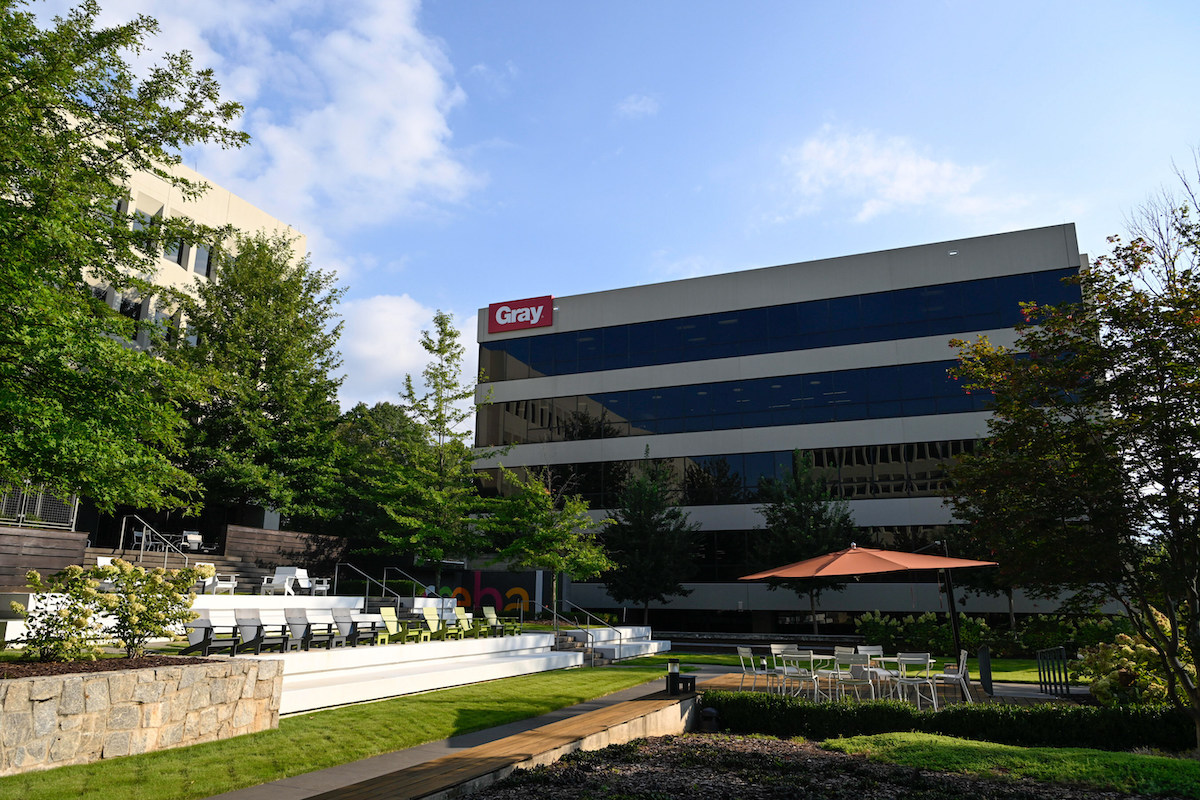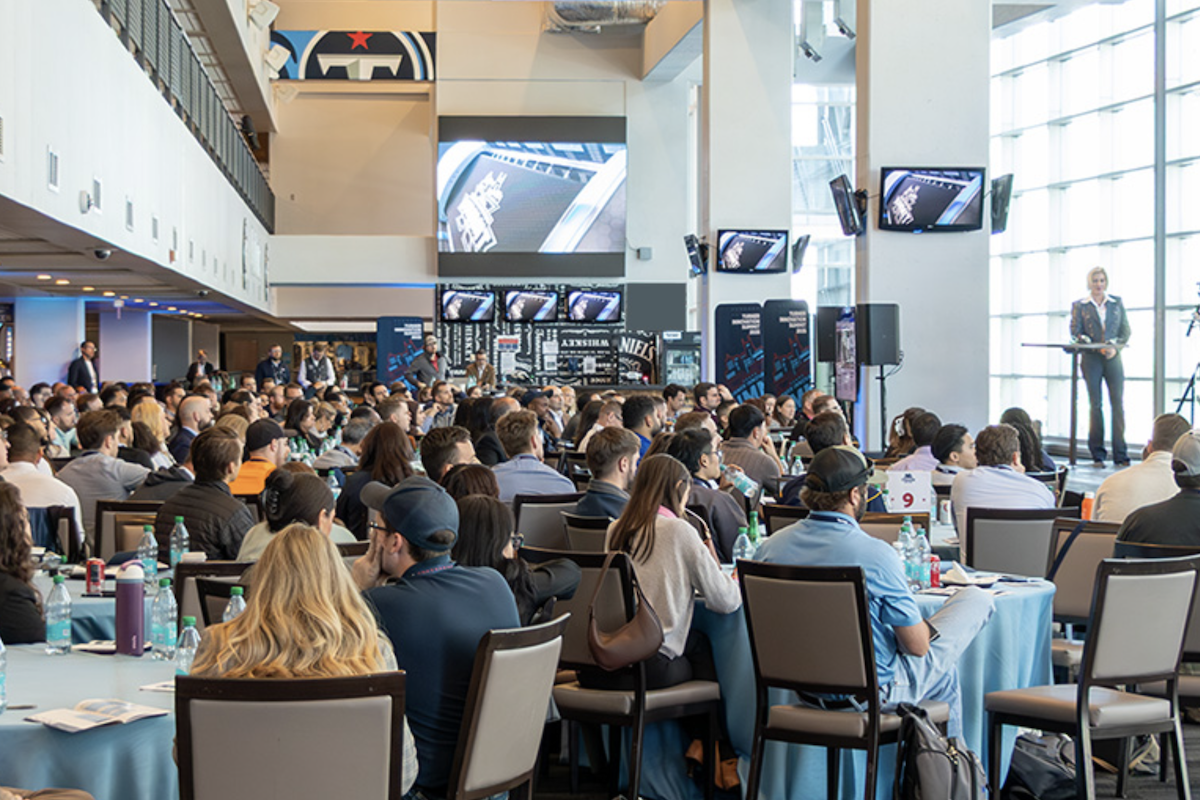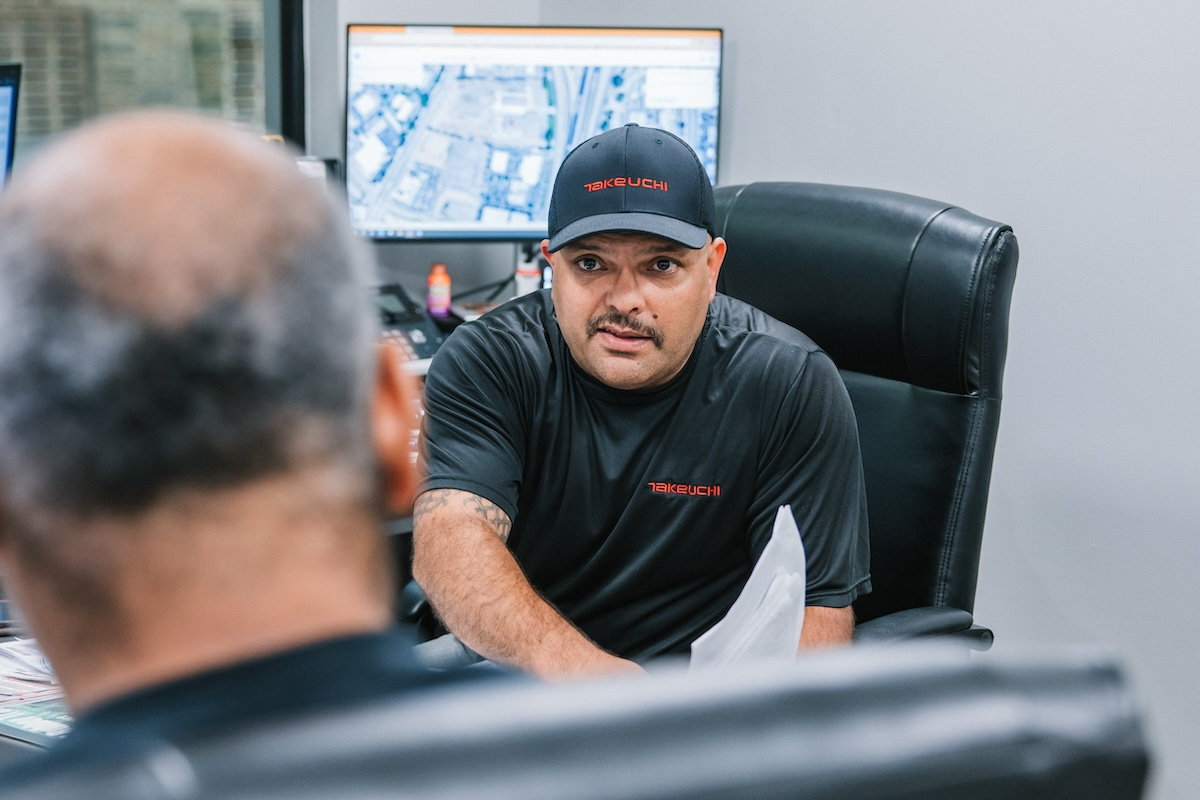U.S. Green Building Council (USGBC) Georgia created the Chrysalis Awards to support broadening the conversation between the green building industry and the green community. The goal is to support and recognize the people and projects within the community that represent the breadth of what sustainability means, from a high-performance building to an urban farm feeding a neighborhood, to a material with a low carbon footprint, to a thriving green team within a company. The winners were announced at an online celebration.
For the awards program, attendees listened to a keynote featuring Bonnie Casamassima, Principal of Interweave People Place, and the ceremony was followed by a virtual reception for the winners in breakout rooms.
The building consists of two roofs: a green roof filled with vegetation and another white roof. The combination of both significantly reduces the building’s heat island effect. The green roof is able to capture rainwater by using a cistern that provides irrigation toward its plant life, and helps 1180 Peachtree reduce its potable water use for landscaping by 76 percent.
The building also boasts a high recycling diversion rate at 51 percent, as occupants have free access to recycling programs which helped them gather over 2,000 pounds of e-waste during the LEED performance period. The building’s occupants have been a major factor in reducing 1180 Peachtree’s carbon footprint. Its location in midtown Atlanta near MARTA showed that 42 percent of building occupants consistently use forms of alternative transportation, such as public transportation, walking, biking, carpooling, and driving low-emitting green vehicles.

| Your local Iowa Mold Tooling Co Inc dealer |
|---|
| Nichols Fleet Equipment |
Today, airports around the world are beginning to pursue certification to benchmark sustainability and identify best practices in sustainable airport development and operation. Atlanta continues this effort pursuing re-certification under the new LEED for Communities v4.1 standard by incorporating these initiatives into the redevelopment of their Sustainable Management Plan.
Instead of continuing the family business of industrialized, centralized livestock production, he learned about a new way of farming — one that required a polycultural production system in which things coexisted and benefited from each other. In the last 15 years, Harris has constructed two on-farm, USDA processing plants, an on-farm restaurant, on-farm lodging, has tripled his farm's size, opened a General Store, bought 15 houses for farm managers at WOP, partnered with a solar company to build one of the first solar arrays to be managed by livestock, created 165 full-time jobs, and more.
Pothuri presented her work earlier this year at the Connect the Dots Year End Showcase for Georgia and was voted Outstanding Project of the program. She led her club at the Alliance Academy for Innovation to switch from individually wrapped packages of utensils to dispensers, not only avoiding additional waste, but saving the school $1,500 a year. Pothuri presented this to the Forsyth County School District to consider the change for the other seven high schools, for an average annual savings of $4,550 for each school, over $30,000 total.
USGBC Georgia works to make healthy, sustainable buildings a reality for the people of Georgia. The organization serves Athens, Atlanta, Augusta, Central Georgia (Macon area), and Savannah. Each branch has a leadership group elected from the region's membership; and each branch sends representation to the USGBC Georgia Market Leadership Advisory Board.













